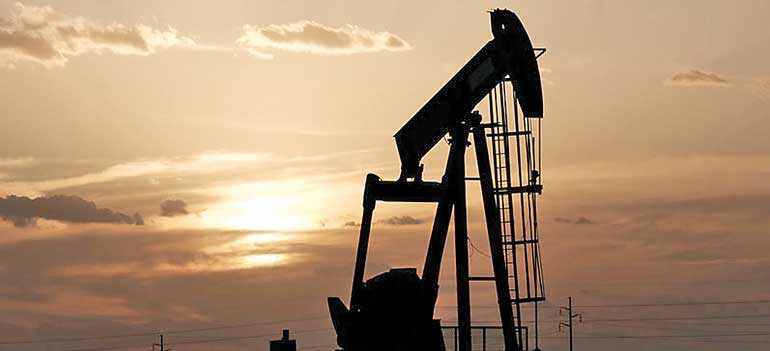Monday Feb 23, 2026
Monday Feb 23, 2026
Tuesday, 10 September 2019 01:06 - - {{hitsCtrl.values.hits}}

TOKYO (Reuters): Oil rose on Monday on expectations that Saudi Arabia, the world’s largest oil exporter, will continue to support output cuts by OPEC and other producers to prop up prices under new Energy Minister Prince Abdulaziz bin Salman.
Prices climbed for a fourth day and were also supported by comments from the United Arab Emirates’ energy minister that OPEC and its allies are committed to balancing the crude market.
Global benchmark Brent LCOc1 was up 53 cents, or 0.9%, at $62.07 a barrel by 0425 GMT, while U.S. West Texas Intermediate CLc1 was 57 cents, or 1%, higher at $57.09 a barrel.
Salman, a long-time member of the Saudi delegation to the Organization of the Petroleum Exporting Countries (OPEC), was named to the position on Sunday, replacing Khalid al-Falih. He is the son of Saudi King Salman and this is the first time the energy portfolio has been handed to a member of the royal family.
He helped to negotiate the current agreement between OPEC and non-OPEC countries including Russia, a group known as OPEC+, to cut global crude supply to support prices and balance the market.
A Saudi official said on Sunday that there would be no shift in Saudi and OPEC policy on the cuts and that Prince Abdulaziz would work to strengthen OPEC and non-OPEC cooperation.
“The change at the top doesn’t necessarily mean a shift in policy as much as it’s being viewed as a move to improve relations within OPEC and with non-OPEC producers in the wake of the latest Russian compliance fissures,” said Stephen Innes, Asia Pacific market strategist at Axi Trader.
Russia’s oil output in August exceeded its quota under the OPEC+ agreements.
UAE’s Minister of Energy and Industry Suhail al-Mazrouei said on Sunday that members of OPEC and non-OPEC producers are “committed” to achieving oil market balance.
Asked about possible deeper production cuts, the minister told a news conference in Abu Dhabi that he was not concerned about current oil prices, rather the level of oil inventories.
Trade and geopolitical tensions are affecting the market more than demand and supply, Mazrouei said, but he was quick to rule out hasty steps influenced by the trade war between the United States and China.
“The fear of slower (oil) demand is only going to happen if that tension is escalating and I am personally hopeful that is not the case,” Mazrouei told Reuters on Sunday.
Prices on Monday were also supported by a rise in oil imports in China in August, with shipments to the world’s biggest importer up 3% from July and nearly 10% higher in the first eight months of 2019 from a year earlier.